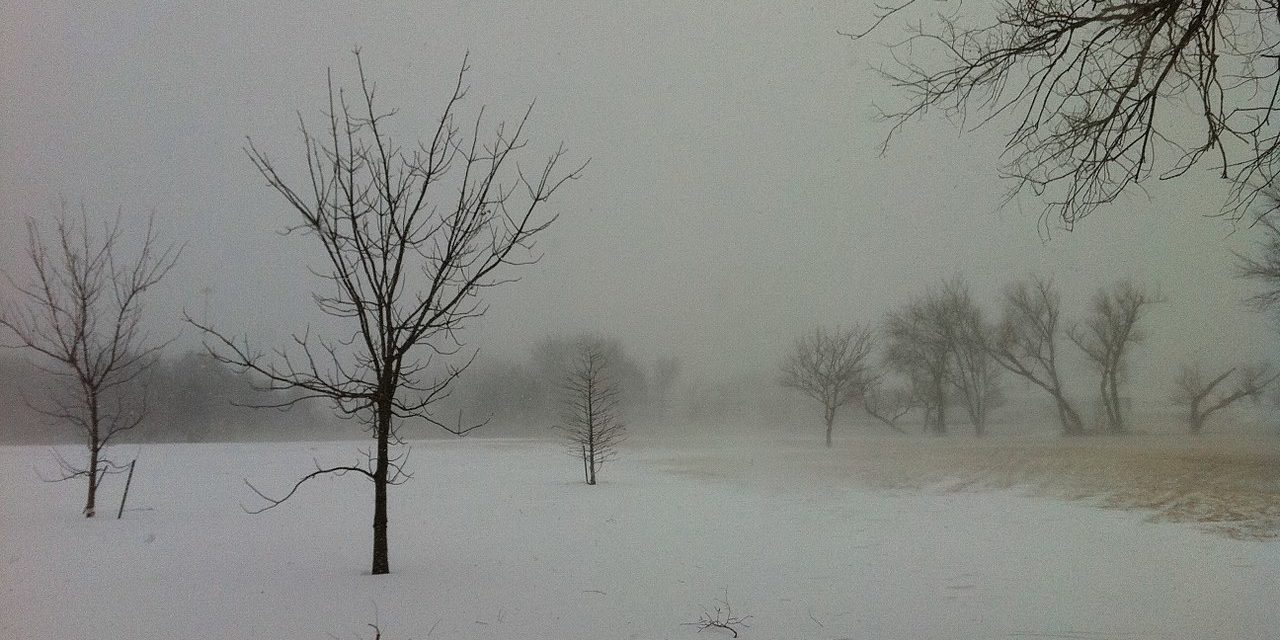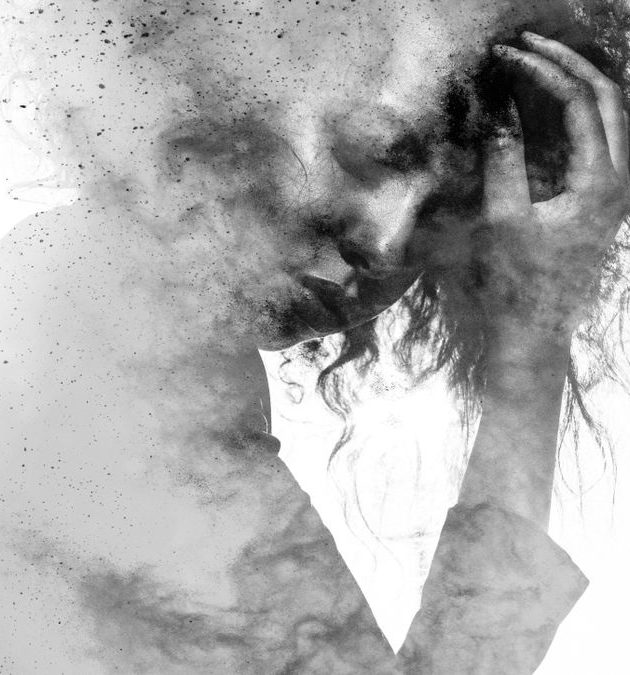
The following was written by Laura E. Creel:
Sometimes, I think, faith is more about existing than about believing.
I didn’t always think that: The spiritual formation I received as a child extolled and expected the virtues of a “strong faith.” I learned that being a “real” Christian meant defending—with wholehearted certainty—a litany of beliefs that attempted to explain things I could neither hear nor see, nor even (often) feel. Faith meant having ready answers to questions that I now know I cannot begin to answer or even understand.
And then the depression. The devastating depression.

I was 30 years old when a long and seemingly unending episode of depression coincided with a crisis in religious beliefs, and my faith ceased being about theological tenets to which I could no longer intellectually assent. The darkness stripped from me my ability to know anything about myself or about the God I had wanted for as long as I could remember. I could feel nothing but absence: a palpable sense of emptiness, a hideous sense of loss—of missing what had once given meaning and stability. And I learned how hard it is to believe.
I was unable to believe that the God I had tried to love all my life was real in any other sense than in the movement of my own neurotransmitters or in any other context than a sociohistorical one of power structures. I was unable to believe that a Middle Eastern Jewish peasant was killed and came back to life. And I was unable to believe that, in a universe (or series of universes) unimaginably vast, we exist as anything more than bodies burdened by death—little specks of bone and blood whose lives are determined by the forces of physics in ways that I don’t understand.
Trapped in my own mind by the despair of depression and the terror of life without God, even the sunlight was somehow dimmer, not bright enough to reach me. I was unable to feel God, unable to know Christ, and when I lost the security of feeling and knowing that was so central to my identity, it was like I lost myself. I was desperate for God, and I learned how hard it is to not believe.
I don’t think faith ever really left me, then or now. I think it just changed, and I changed, and what I thought was faith was only a sliver of what it means to have a spiritual or religious practice. Faith was not, during that time, a belief in the existence of God or an affirmation of the bodily resurrection of Christ; I tried (and failed) to affirm those things. Instead, faith was getting out of bed when I didn’t know how I could make it through the day and when I didn’t believe there would ever be a day in which I would. Faith was holding the door open for a stranger, responding with empathy to a bullying coworker, fighting through panic to be present at a friend’s birthday dinner—and faith was doing these things in spite of the conviction that goodness and charity mean nothing in this far-flung corner of the universe where we and all of our altruism eventually turn to dust. Faith was in my body—not in my mind—and faith was existing and not dying.
So I exist. I hold out my hands to a God about whose existence I may never feel certain. And I don’t know what it means to reach for the Ineffable, for the Mystery beyond language, but here I am, reaching anyway. The only faith I can muster: I remain; I live; I hope, in spite of hopelessness, for the Beauty and Truth of the Lord. May this little faith be enough.

COMMENTS
6 responses to “Little Faith”
Leave a Reply













Laura, thank you so much for penning this little piece. It resonated with me greatly. It was nearly cathartic as I read and reflected on the last 12–18 months my family has endured. Your comments on faith and belief are spot on. Thank you!
Thank you for your kind words, Brad. I’m not glad that it resonated with you, because I’m not glad that you or your family have had to endure anything like this. I do hope, however, that you felt less alone in the reading; if you did, then this will have done what I wanted it to do. I wish peace and the hope of resurrection for you and your family.
“I learned how hard it is to not believe. I don’t think faith ever really left me, then or now. I think it just changed, and I changed, and what I thought was faith was only a sliver of what it means to have a spiritual or religious practice.”
Word.
A similar sense of faith losing one meaning but gaining another hit me as well a few years ago. You describe so well the sense of losing oneself and the terror in that process. You also capture beautifully that strangely defiant hope of “I exist.” Thank you, thank you, thank you for writing and sharing this. I agree wholeheartedly with what one of our mutual friends said of you, “That woman is a masterpiece of a human.”
Thank you for your words that helped me in feeling less alone this evening. You’re a beautiful writer and captured so many of my own feelings that I have struggled to put words to.
Such a lovely post. It resonates SO DEEPLY with me when someone tells the truth about a hard part of their life, and they write it without wrapping it up in paper and putting a nice bow on it: “…and through the love of Christ, I was able to overcome my debilitating depression.”
The truth is, no matter how much grace we’ve received, no matter how many toils overcome, there is ALWAYS some hard place where we are NOT all fixed up. People who own and share their brokenness are my kind of people, and the funnest to pray for.
Thanks for sharing this.